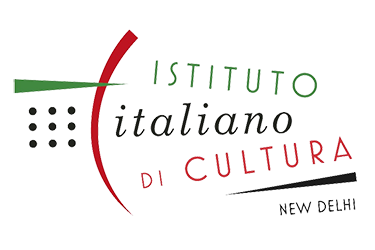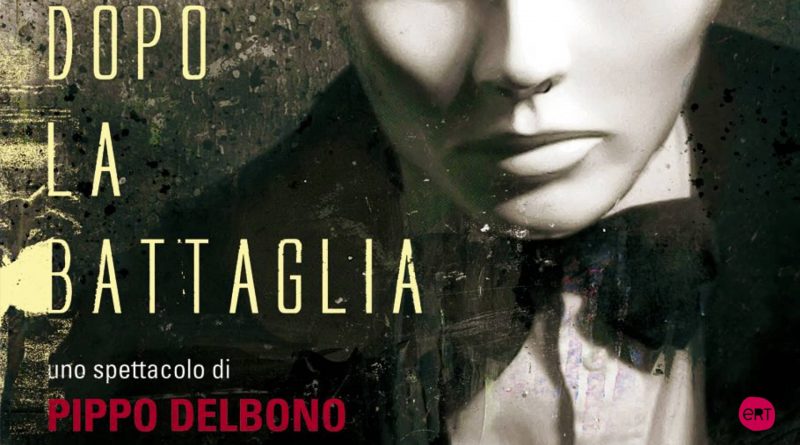Theatre – Dopo la battaglia
Theatre - Dopo la battaglia by Pippo Delbono
Author, actor and director Pippo Delbono was born in Varazze in 1959.
In the 1980s he began his studies of dramatic art at a traditional school which he left following his meeting with Pepe Robledo, an Argentine actor from the Libre Teatro Libre (theatre group active in South America in the ‘70s which used collective creativity as a means of expression and to denounce the dictatorship in Argentina). Together they moved to Denmark and joined the Farfa group, led by Iben Nagel Rasmussen, legendary actress of Odin Teatret, and thus Delbono embarked on an alternative path in search of a new theatrical language.
Delbono dedicated himself to the study of the principles of Eastern theatre into which he delved further during subsequent visits to India, China and Bali where the focus is the actor’s meticulous and rigorous work on the body and the voice. In 1987 he created his first show, Il tempo degli assassini (“The Time of the Assassins”) and that same year he met Pina Bausch who invited him to participate in one of the works of her Wuppertaler Tanztheater. This extraordinary occasion marked a fundamental milestone in the director’s artistic path.
Delbono’s shows are not productions of theatrical texts but wholesome creations; the actors are part of a core that is preserved and grows over time. Already in the first work the qualities of a unique theatrical lexicon are laid out which represent the individuality of all the subsequent creations.
In La rabbia (“The Anger”), a tribute to Pier Paolo Pasolini created in 1995, a different way of doing theatre can be seen, fully expressed in “Barboni” (1997), winner of the Special Ubu Award in 1997 prize “for research conducted between art and life” and the critics’ prize in 1998. A meeting with people from the margins of society marked a turning point in his poetic investigation, and thus Barboni (1997), the show starring Bobò, was born.
Bobò is a small deaf and dumb, illiterate man, encountered (during an activity workshop) at the asylum in Aversa, where he had been locked up for 45 years. Pippo recognizes the principles of Eastern theatre in Bobò and in his gestural capability. The elements that Pippo had learned after long years of training were present inherently in Bobò, an actor capable of accurately following through his theatrical gestures in the total absence of rhetoric.
Later, in the show Guerra (1998), Nelson Lariccia, a former tramp with a stately appearance is joined by Gianluca Ballarè, a boy with Down’s Syndrom and an ex-pupil of Pippo’s mother, who had mentioned him to her director son. Delbono does not identify with the label of “Social Theatre” and attributes the selection of these actors to their ability to embody his poetic vision of a theatre based on people and not on characters, a theatre that is not psychological or based on the clichés taught in schools and academies.
Around these figures and in addition to the presence of Pippo and Pepe, other actors were gradually added who consolidated their work within the company and are still part of its core: Dolly Albertin, Margherita Clemente, Ilaria Distante, Simone Goggiano, Mario Intruglio, Gianni Parenti and Grazia Spinella.
The Pippo Delbono Company has been a guest at several international theatre festivals, including the Avignon Festival which has welcomed it four times co-producing the show Urlo. Many theatres have dedicated retrospectives to their shows including the Théâtre du Rond Point in Paris, the CCB in Lisbon, the Palais des Beaux Arts in Brussels, the Berliner Festival in Berlin and the Oton Festival in Madrid.
The Delbono Company has made stops in more than fifty countries around the world, representing a unique example in the history of Italian theatre.

